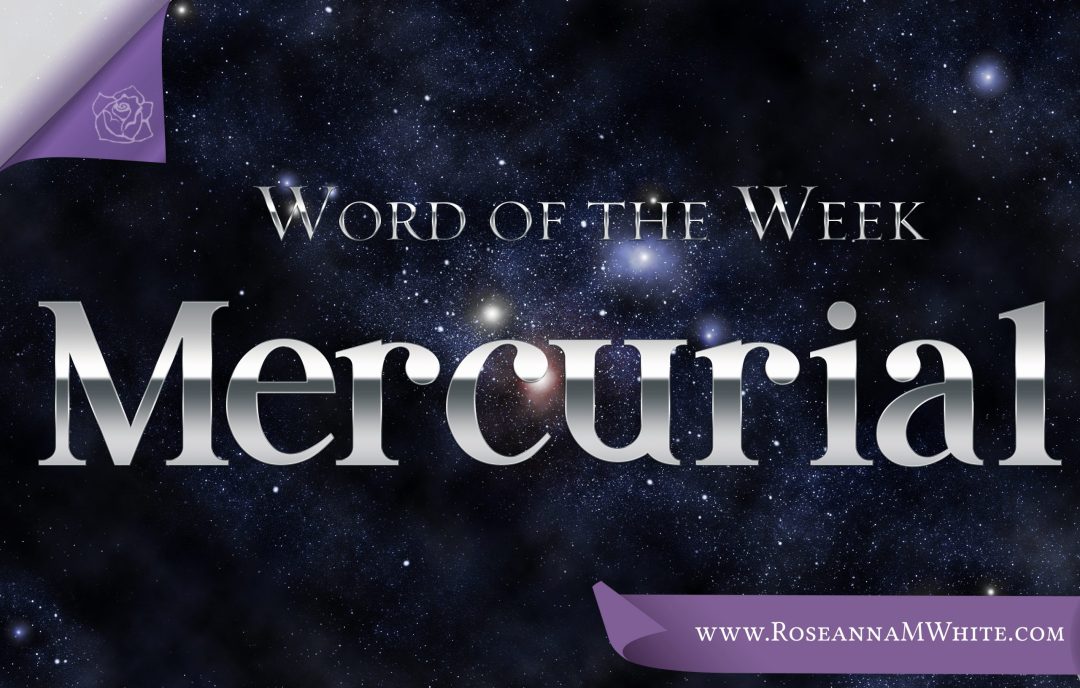
Love the Sinner

Love the sinner, hate the sin.
You’ve heard this saying. I know you have. I’ve been hearing it all my life, and in its truest sense, it’s right. We are certainly called to hate sin. And we are certainly called the love everyone, neighbors and enemies alike. That includes sinners.
But what does this actually look like?
Well, Jesus gives us the ultimate example, of course. It looks like loving people so much, it breaks your heart to consider what separates them from the Father. It means giving your own life in order to keep them from paying the penalty for their sins. It means instructing people, showing them the Truth, teaching and living an example. It means bringing the kingdom of Heaven near to earth and showing people what it really means to live in the love of God.
I don’t imagine many of us quite live up to that though, LOL. I know that when I consider sinners–and let’s consider some really grievous ones, like those who hurt and abuse children, murderers, people who prey on the elderly–my first response to hearing about them is anger. Frustration. Disgust. I hate the sin, that’s for sure. And I want them to repent so they’ll stop doing it, stop hurting people. But it’s for the sake of those other people. The victims. In my natural state of reaction, I’m more concerned with the stopping than why they’re stopping. So if they’re arrested, awesome. Killed? Meh. I just want it to end.
This is natural. But it’s not what Christ modeled, and that’s something that’s been convicting me lately. He didn’t just want a sinner to stop sinning because of who they hurt. He wanted sinners to stop sinning because that sin stood between them and God. He wanted them to stop so that they could experience salvation. He wanted them to stop because He loved them.
But how did He approach this?
From what I can tell, He just focused on the love. When He saved the life of the woman caught in adultery, He didn’t have to sit her down and explain to her why adultery was wrong, did He? He didn’t look her in the eye and say, “I love you, but I hate what you’re doing.” He didn’t try to convince her of anything. All He did was offer forgiveness. All He did was refuse to condemn her. All He did was set her free and tell her to go, live her life, and sin no more. Now, I imagine “stop committing adultery” was pretty easy to check off her list. But sin no more doesn’t just mean the one sin she was caught in, did it? That woman would have gone home and embarked on a lifelong journey to figure out what “sin no more” really means. And she would have done it, because she understood that He was calling her to something higher. Because He loved her enough to save her life.
How do we approach the sinners who cross our paths? I think far too often, we focus on hating the sin. We say we love the sinner, but what we really mean is that we want them to stop sinning so that we can love them. We want them accept Christ so that they can be washed clean and then enter into fellowship with us. But we have it backward. We need to love them first. Just as they are. Love them messy, stinky, dirty, selfish, greedy, violent, hateful, bitter, perverted, nasty. Love them because they are a child of God, a bearer of His image, and He loves them so much He gave His Son’s life for them. He loves them so much, and just wants them to come home. Now, when they enter His mansion, they’ll see how spotless it is, how gleaming, how pure, and they won’t be able to help but look down at their own hands and see the filth there. Let Him do that work, that convicting.
We just need to focus on the love. My new mantra is going to be “Love the sinner, hate the sin.” Which is to say, “Just love the sinner.” I need to focus on the love, not the hate. Because if I truly love them, it will include wanting better for them. It will include wanting them to reconcile with the father. But it will focus not on what they’re doing, but rather on their heart and soul. On who they are beneath the actions.
How can you demonstrate love today to the worst among us?













 Roseanna M. White is a bestselling, Christy Award winning author who has long claimed that words are the air she breathes. When not writing fiction, she’s homeschooling her two kids, editing, designing book covers, and pretending her house will clean itself. Roseanna is the author of a slew of historical novels that span several continents and thousands of years. Spies and war and mayhem always seem to find their way into her books…to offset her real life, which is blessedly ordinary.
Roseanna M. White is a bestselling, Christy Award winning author who has long claimed that words are the air she breathes. When not writing fiction, she’s homeschooling her two kids, editing, designing book covers, and pretending her house will clean itself. Roseanna is the author of a slew of historical novels that span several continents and thousands of years. Spies and war and mayhem always seem to find their way into her books…to offset her real life, which is blessedly ordinary.